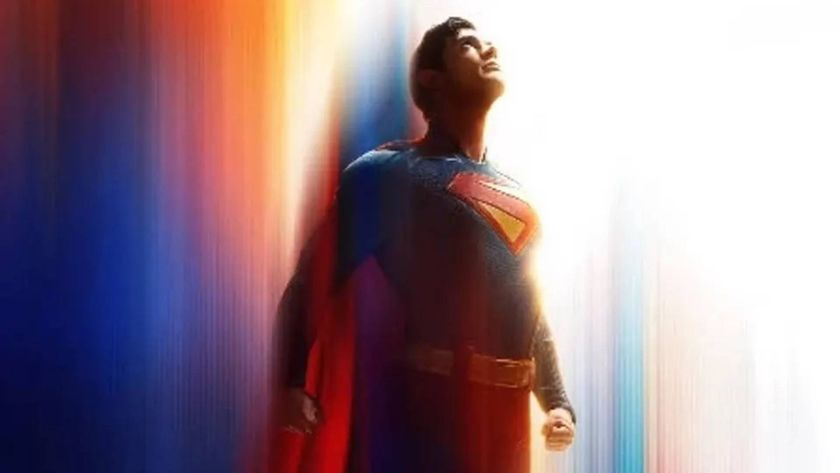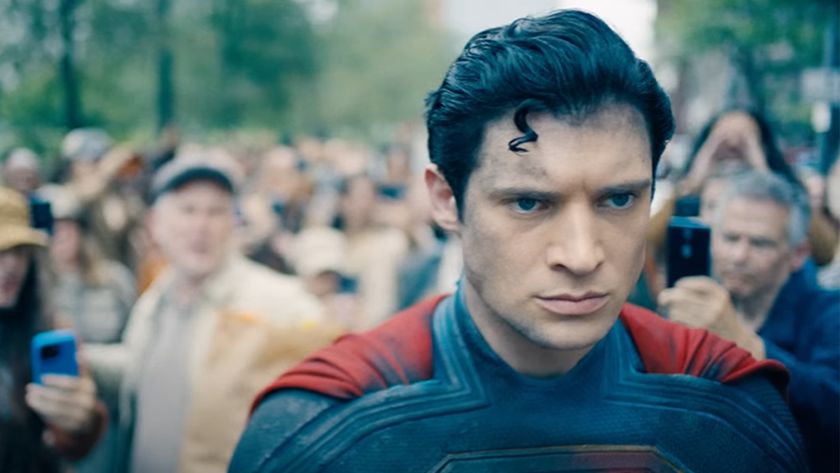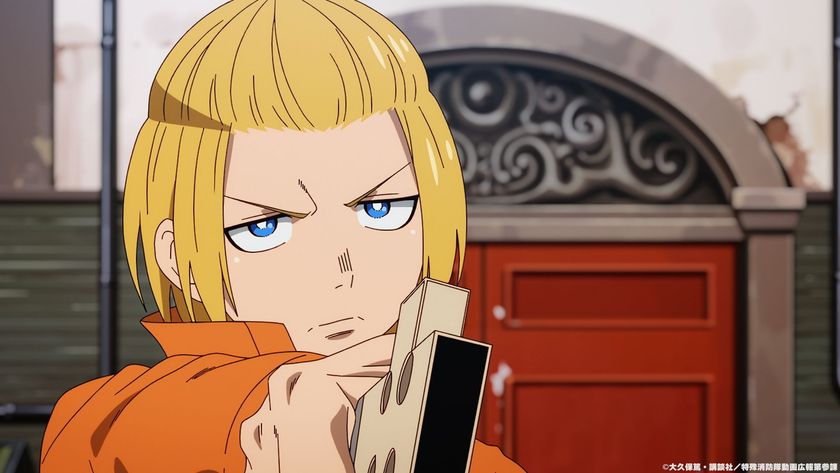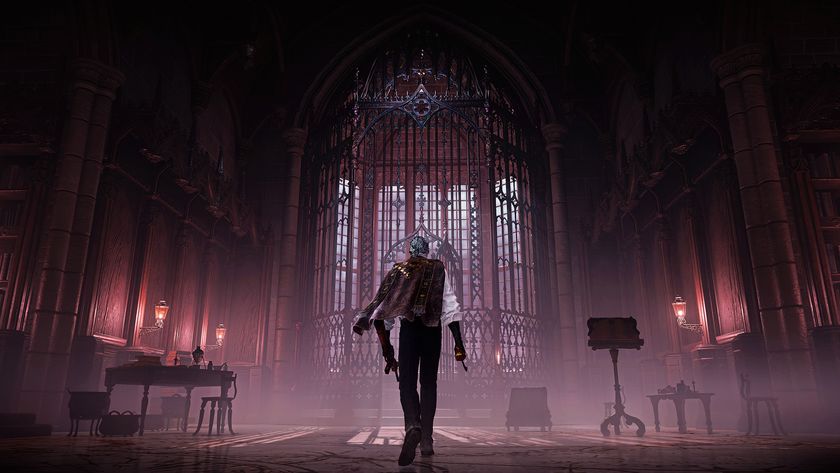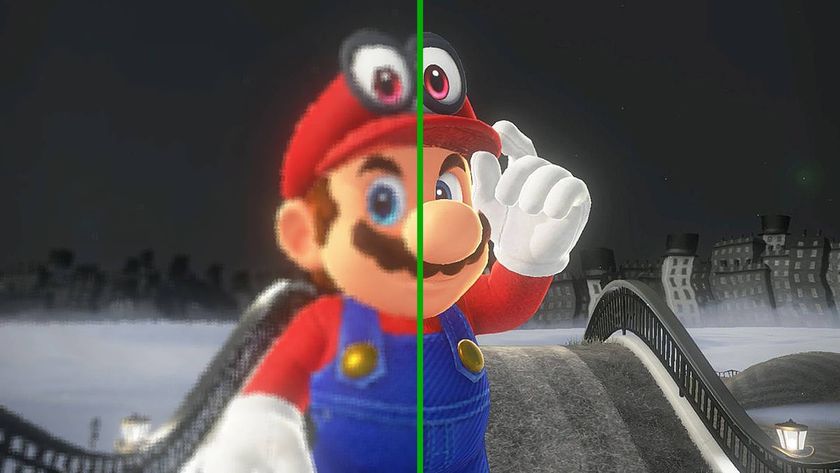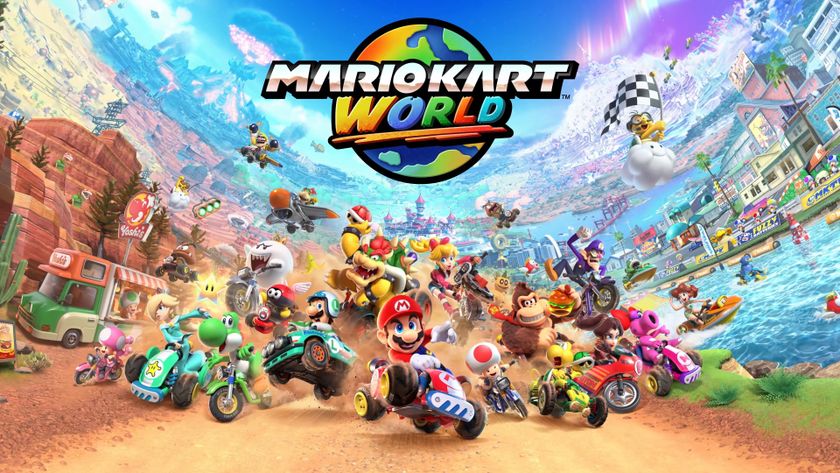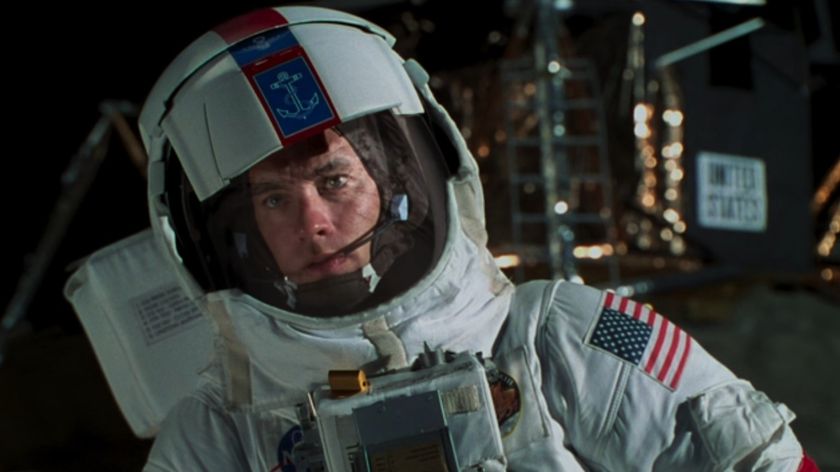Viggo Mortensen On Freud, Cronenberg and Fassbender
On the couch with the former King Of Gondor
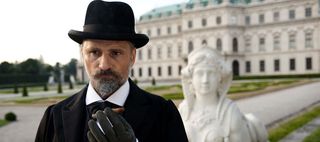
On Presumptions About Freud
“I thought he was a very serious, very frail old man. A white-haired old man, kind of severe.
“Like David Cronenberg - most of the photographs you see of him in newspapers and magazines he looks very intimidating, cerebrally intense. And he is very bright, but he’s also a lot of fun and he likes to laugh and make jokes. You wouldn’t get that from his photographs.
“Freud was very conscious of how he was photographed. There were very few images of him that are candid, there are some films of him shot late in his life where he was sort of a little bit more playful, but the way he presented himself visually was very austere, very severe and that’s the image I had of him.”
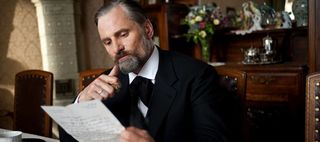
On Researching Freud
“But, what I learned quickly in doing more research about him, it’s one thing to read his work and admire his writing style and his ideas and it’s another to imagine that you wrote them or you’re going to pretend to have written them and had those ideas as your own in playing the character.
“And I quickly found that he was actually very funny and gregarious, sociable, much warmer than I thought, and that helped me a lot. As I was starting to prepare the role I thought ‘OK, well that’s a way in.’
“All this dialogue - all this sort of dense dialogue, a lot more dialogue than I’m used to - now I can infuse that with some irony and I can have some fun playing this role, it’s not just ‘OK, it’s a very important historical personality and I have to really get that across.’ In a way it took the weight off the responsibility.
“I thought ‘OK, he had a sense of humour that I can relate to, a certain irony’ and that helped me a lot.”
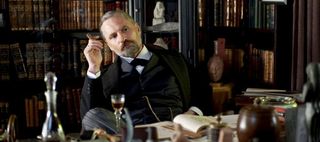
On Playing A Real-Life Figure
“I like the fact there was so much available, not just in his writing but in the writing of contemporaries, and particular descriptions of him – what his voice sounded like, how he spoke, how he was generous with his ideas, his sense of humour was very wry. He was a very witty kind of person.
“If confronted he could be very cutting and somewhat arrogant, but so could Jung be - they were very proud, and in some way insecure, which makes for interesting drama. All of a sudden these are people like us, they’re not just these great historical personages, these scientists, these thinkers. It made them more human, more like you and me.
“They could make jokes, they could be competitive, they could be ambitious, they could be jealous - they could be very affectionate in their way as well. All those things made it a lot more interesting to play.”
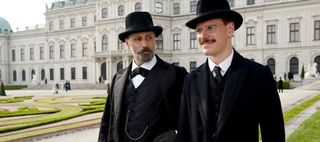
On Freud And Jungs theories
“I don’t think the movie’s really about the differences between them, I think it’s more about how similar they were in some ways and how much affection there was, and that their coming apart was more to do with personality differences, background, upbringing, different ways of looking at the world, at religion – one being rather religious and later in life becoming more and more of a religious minded person, Jung, and Freud being a dyed-in-the-wool atheist, wanting to deal with the here and now.
“Freud believing that [ with psychoanalysis ], the goal was self-understanding or self-acceptance basically, a more stoic way of looking at things, accepting your fate in an intelligent way, in a conscious way. And Jung was saying, ‘We’re going to cure people, we’re going to completely change you.’ So there was a difference there, but they were not so different after all.”
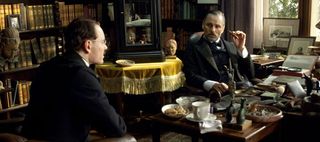
On Psychoanalysis
“I guess in some sense I tend to agree with Freud’s idea that everyone is flawed and it’s better to - rather than bury our insecurities and our fears and our desires - it’s better to acknowledge them.
“Not because you’re going to eradicate your imperfections but you’re going to accept them and find a way to be able to live with them, y’know?
“I sort of tend towards that rather than the idea that you’re going to completely change someone. That smacks of some kind of cult activity to me, or someone selling you something on TV, ‘Buy this book and you will be a new person,’ or this this health product or this sexual aid, or whatever it is. Or come to my church, or my university, and I will make you anew.
“Jung said something that I found… he was joking I suppose… but it was a startlingly arrogant thing to say. He said: ‘Show me a sane man and I will cure him.’ In that sense he seemed to be agreeing with Freud that everybody is messed up in some way, but he’s saying that he’s going to fix that, and Freud was saying ‘We’re not going to fix anybody, the best we can do is help people be aware of their flaws.’”
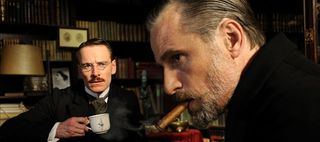
On Cigars
“It took a little getting used to smoking that many a day, I mean I smoked a lot. As he did, I mean he smoked 20 to 22 cigars a day - big cigars.
“But my grandfather in Denmark, he smoked cigars all the time like that and that smell of a good Cuban cigar was something that I have good memories of, fortunately, from childhood - the house smelling that way, and him smelling that way - so I had, fortunately, positive associations.
“If I’d have had really bad ones it would have been pretty onerous having to smoke them all the time but I got used to it. Even though you don’t, in principle, inhale, it does make you dizzy if you’re not used to it.”
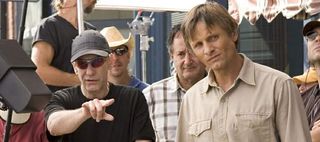
On David Cronenberg
“We developed that shorthand right at the beginning with A History Of Violence , I think.
“Once he realised that I did as much research as he did and took the job very seriously, but also liked to have fun on the set and not take myself, or the movie even, that seriously. I’m being professional but keep it light and allow yourself to have the illusion that you have all the time in the world, that each take is its own little world…
“I think that we share a similar sense of humour, which is important, and a similar sense of what the job is, what it’s supposed to be about. That it’s supposed to be fun, that we like what we do, and you’re trying to make the most of each day. That’s really all there is to it.
“He also is very good with actors, he’s done some acting but I think he’s made as much of a study of actors, how they work, just for practical reasons so he can make better movies, as he has of the camera and how it works and lighting and music and editing and all the technical aspects of really making [ a film ].”

On Cronenbergs Skill With Actors
“There’s a lot of directors who are very good and bright technically but who seem to be, in some ways, terrified of actors and that can come out in an intolerance or an authoritarian streak or a lot of shouting or not wanting to hear their ideas and so forth.
“David’s very open to anyone’s ideas and anyone’s way of interpreting. If you look at his movies - and there’s a wide range of types of actors and actresses in them - what unifies the acting in general is that actors tend to give their best or close to their best performances when they work with him.
“You see this time and time again I think: Ralph Fiennes, William Hurt, Ed Harris, Jeff Goldblum, Christopher Walken, Keira Knightley certainly.
“I know that the three movies I’ve done with him are probably my best work or close to it, and I think there’s a reason for that. He understands and likes actors.”
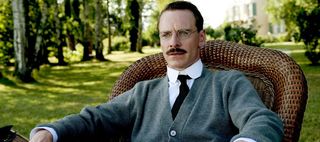
On Michael Fassbender
“He did a really good job in this movie and he was fun. He fitted right in to David’s set because he’s someone who likes to have a good time.
“He has a way of making jokes and keeping it light, singing a song or dancing around between takes because it helps you to not be so stiff or take yourself so seriously, especially when you’re playing someone like Carl Jung - there’s a lot of images and video of him and there’s going to be some expectation. You take that weight off your shoulders by relaxing.
“You just assume that the homework you’ve done is there in place and you don’t have to keep taking yourself so seriously, or the job so seriously.
“And he has had a great year, certainly.”
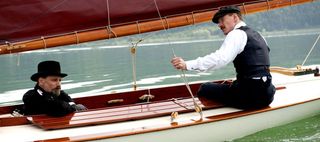
On A Dangerous Method Being Overlooked At The BAFTAs And The Oscars
“[ It has been ] totally overlooked, hasn’t it? I was particularly surprised at the BAFTA, y’know? It’s an English movie and, well, I guess when I look at some of the things that are nominated, the fact that we didn’t even get on the longlist of 15 candidates…
“I have to assume that it’s owing to not enough people having seen the movie. I’d hate to think it was simply a question of general ignorance and lack of individual imagination on the part of the voters [ Smiles ]. I’d hate to think it was that.
“I’d have to assume that [ enough of them ] didn’t see the movie. [ Laughs ] I hope that’s why! Because otherwise it’s baffling.”
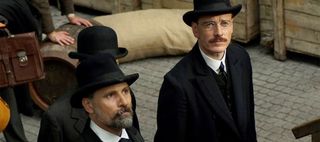
On What Awards Mean To Him
“They help people want to see the movie. Basically it’s a business thing. Otherwise, it doesn’t matter because obviously it’s kind of a lottery, isn’t it? Kind of a popularity contest that to some degree can be forced by promotion, or to a great degree, and again, if people see the movie then they can judge.
“If they don’t have an impetus or aren’t encouraged to see the movie, or it isn’t made available to them, well, how are they going to vote for it? It’s a question of perception. I would like to have seen our movie recognised.
“I would certainly like David Cronenberg to be recognised. I don’t know if he’s ever been nominated for a directing [ BAFTA award ], I know he never has been for an Oscar or a Golden Globe which is startling to me still.
“But I don’t care about it in any sense other than - well to some degree it would be a vindication of his work and our work on the movie - but it helps put people on seats, it helps people see the movie in theatres.
“If you can put in your newspaper ad ‘Nominated: Best Director’ Bafta, Oscar, Whatever, or Actor or Best Movie, obviously when you’re deciding what movie you’re going to see Friday or Saturday night, that does influence people.”
A Dangerous Method opens on 10 February 2012.
Read Total Film ’s A Dangerous Method review .

I'm the Editor at Total Film magazine, overseeing the running of the mag, and generally obsessing over all things Nolan, Kubrick and Pixar. Over the past decade I've worked in various roles for TF online and in print, including at 12DOVE, and you can often hear me nattering on the Inside Total Film podcast. Bucket-list-ticking career highlights have included reporting from the set of Tenet and Avengers: Infinity War, as well as covering Comic-Con, TIFF and the Sundance Film Festival.
